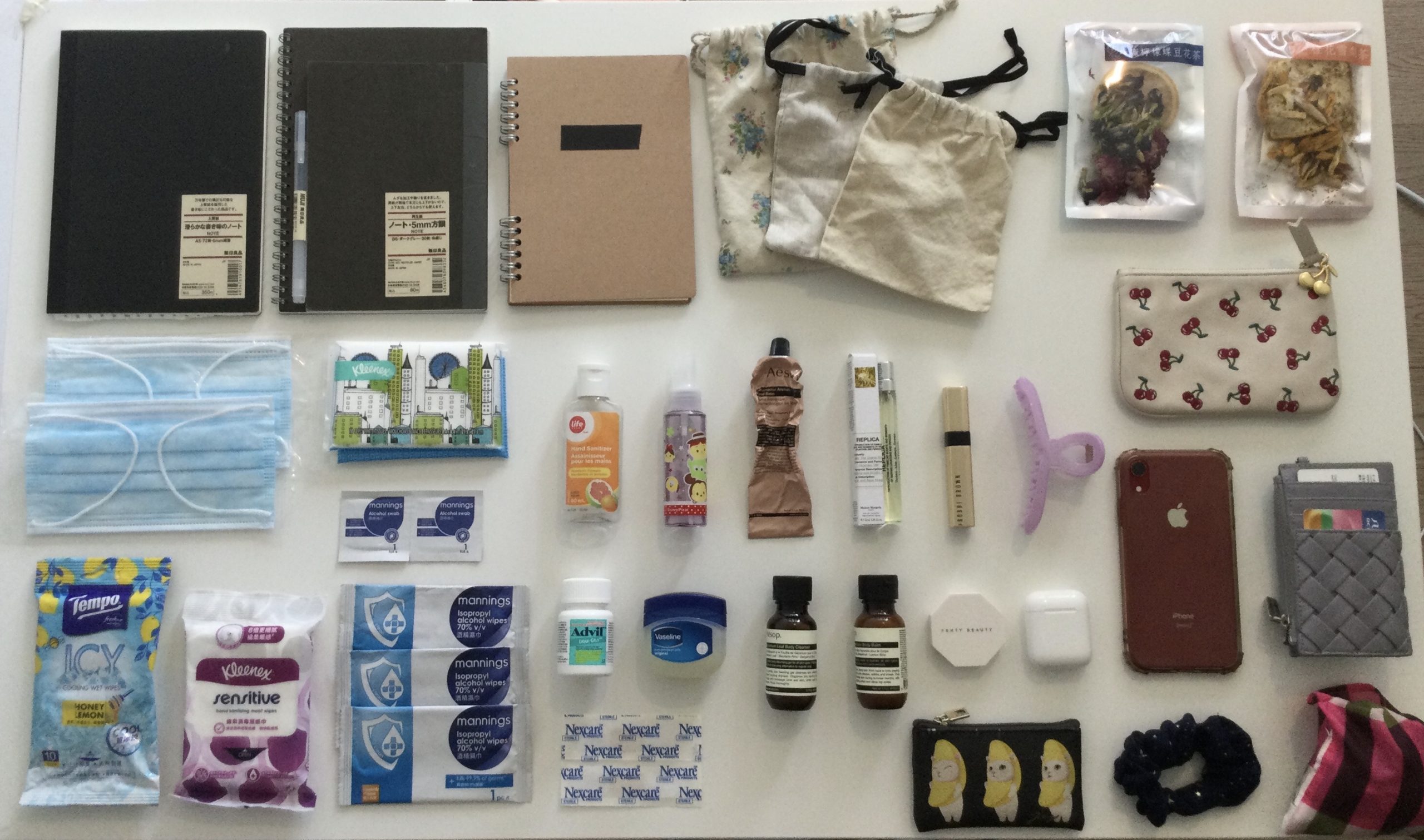1. What do the words “text” and “technology” mean to you? Consider the course title, “Text technologies: The changing spaces of reading and writing.”
2. Listen to The Word Guy’s episode on Internet Age Words.
Can you think of other words that might have been updated based on technological advancements?
Berkowitz’s examples: virus, viral, computer, cloud, tablet, text, book, code, firewall, file, cursor, browser, firehose, tag, catfish, mouse, Google
Language is used to understand technology. These words are metaphors for their technological counterparts.
List: traffic, trending, attachment, bookmark, boot, cache, chip, security, gateway, java, python, language, protocol, processor, footprint, search, server, zip, recycle bin, history, tab, window, sandbox, incognito, swipe, status, pirate, cut, copy, paste, toolbar, home, manager, pin, extension, tools, pen, screen, cookie, block, script, hardware, folder, program, system, mining, data, troll, bait, ghost, friend, ping, tweet, bump, engagement, likes, poke, reaction, share, comment, post, filter, handle, lens, timeline, story, boost, views, check-in, stream, feed, chat, evergreen, follow, frequency, platform, channel, reach, key, run
3. Search the OED for formal definitions and etymology.
Text: textile, texture, texta, textbook, textarian, texter, textible, textology, textual, textualism, textualist, textuality, textually, textorial, textrine, textura, textuist, textuary, texturology, textus
Technology: technical, technique, teche, techonomic, techno, technic, technoid, technologize, technological, technonomy, technologism, tache
